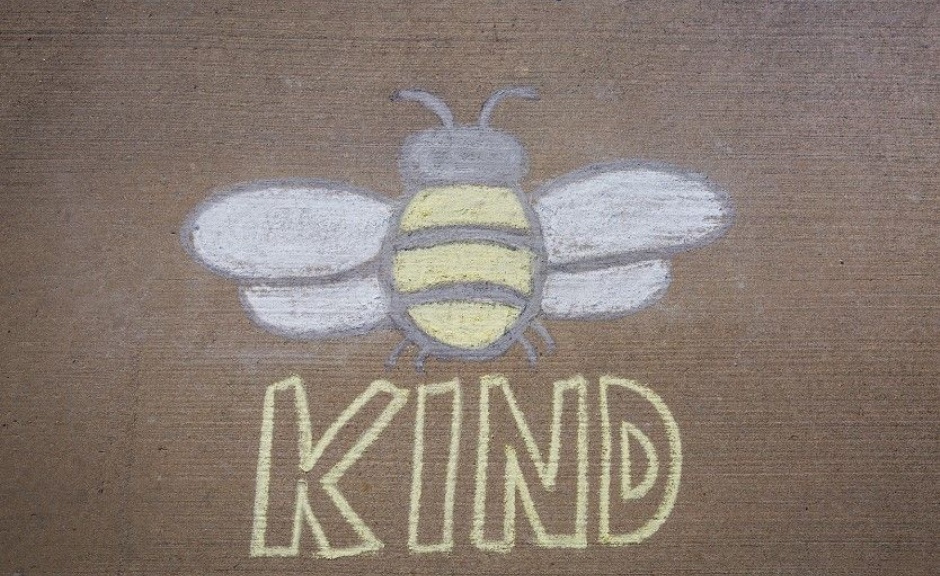The importance of being a gracious winner

In assembly this week, I talked to the boys about competition, and competitiveness.
I started by being clear that being competitive is not, in of itself, a bad thing; harnessed correctly, it drives us to ever greater achievements, and helps us to become our best. That ability to dig a little deeper on the sports field, or work a little harder in class or in revision, or practice a little more on an instrument, is definitely helped by a having a healthy competitive edge. Those who can show appropriate competitive spirit, or that 'never say die' attitude, are rightly lauded for it.
However, competitiveness is not always harnessed correctly, and I fear that some of the boys are in danger of becoming overly competitive.
There are two main ways in which this can go wrong.
Firstly, it can go wrong when someone is not able to let the competitiveness go when they don’t win. This can lead to outbursts directed at others, or things, or terrible frustration with oneself; in the worst cases this can lead to feelings of guilt or even self-loathing. Neither of these (outbursts directed outwards or inwards) are good. I spoke to the boys about how the key of course is to try to keep these things in perspective. So long we do our best, that is what counts. I said to the boys: “So you lose a table tennis game, or don’t get the highest mark in a spelling test or an exam? So what? It may feel like the worst thing that could happen in that moment, but that single event does not define you, and it will not ruin your life. ”Some of the danger of over-competitiveness stems from placing too much emphasis on things that really are not that important in the long run. Learning to let the competitiveness go when things don’t work out is an essential skill, and one that people have to actively learn and indeed practice. I myself have struggled with this all my life (being a sore loser - as one of five boys growing up, I was hard-wired to be competitive!), so I get it.
The second problem with over-competitiveness is one I really struggle to understand; it is being a poor winner. Celebrating someone else’s loss or mistake is cheap and classless. Making someone feel worse, or even going as far as humiliating someone can never be right. I spoke a bit about the dreadful recent phenomenon of ‘roasting’ which one can, I believe, see all over social media at the moment, and does seem to be influencing our boys. Roasting is deliberately pointing out when someone has either lost, or got something wrong, in order to make them feel bad about it. I just don’t get this. To humiliate someone else for making a mistake is to accept that it would be right for someone to do it to us; we all lose or get things wrong from time to time and I can’t believe that anyone would knowingly want to accept that deal. Moreover, the need to humiliate someone else simply shows a lack of self-confidence and weakness. The 'roaster', in my opinion, becomes the loser through that kind of act.
To sum up, competitiveness can be a good thing, but we need to guard against becoming overly competitive, and perhaps more importantly, making sure that we win well. As an example, I showed the boys the famous photo of Freddie Flintoff reaching down to commiserate with Brett Lee at the end of the Edgbaston Test in the 2005 Ashes. Here was a man, known for his competitive spirit and never say die attitude, who remembered to be a gracious winner. Brett Lee has spoken about how much this meant to him, and many Australians have mentioned the high regard in which they hold Freddie Flintoff because they know that while he would compete as hard as anyone on the field during play, afterwards he was a real gentleman. As a result of the way he carried himself, Freddie Flintoff has gained huge respect, admiration and affection; he is one of the most popular retired sportsmen in Britain, and I believe he is a role model to follow.
Alistair Duncan
Interim Head







